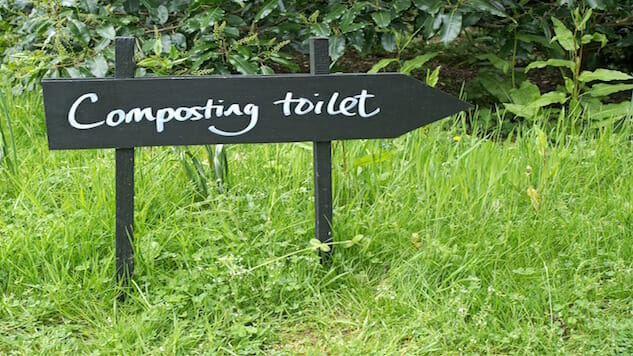Sustainability Report: Transforming Advertising Into Substance

Sustainable energy, sustainable development, sustainable business practices—it’s virtually impossible to go a day without tripping over a sustainable-something. The definition of the word is simple: (adj.) “of, relating to, or being a method of harvesting or using a resource so that the resource is not depleted or permanently damaged.” But achieving true sustainability requires humans to consider the consequences of their actions beyond mere convenience, according to Karen Higgins, adjunct professor at Claremont Graduate University and author of Economic Growth and Sustainability: Systems Thinking for a Complex World.
She says simple steps, such as recycling and renewable energy, help reduce environmental damage and set a positive example. However, it’s only a prelude to the beginning of the extensive and dramatic changes necessary to make true sustainability possible.
“I don’t want to bad-mouth the efforts that we’re doing, the awareness that’s being raised. Those are really good things and really necessary,” Higgins says. “It tells people, ‘There’s an issue, think about it. Think about your behavior.’ It is a stepping-stone.
“Our biggest challenge is to redefine what we mean by sustainability and in doing so, alter our cultural/individual value system. Without this shift, I do not believe ‘sustainability’ in the current sense is attainable. Real sustainability means that we must ensure that it will be possible for future generations to flourish in ways that are different from our current, materialistic perspectives.”
![]()
Keep It Simple Stupid
The most common view of sustainability focuses on maintaining or improving our lifestyle while reducing the negative environmental impact. Higgins calls that “doing things around the edges that are easy.” That can mean conserving water, participating in a roadside trash cleanup or riding a bike instead of driving. What it doesn’t include is the harder work of introspection.
“That small-s sustainability has become commercialized,” Higgins says. “The big-s Sustainability is about sustaining life as we know it. That’s a big deal.”
The big-s Sustainability requires people to actively consider every choice relating to the human population, animals, plants, air, water and other social and environmental considerations. That feels overwhelming. We just want to go through the drive-through to get a drink because we’re thirsty. We don’t want to think about that single-use drinking straw ending up in a dump, falling off a barge taking trash to Africa, then breaking into tiny bits of plastic in the ocean until an endangered sea turtle swallows it and dies from ingesting plastic.

Our actions can have unintended consequences we don’t see, resulting in harm to the planet. It takes thoughtful consideration to connect the dots between something like unsecured rope falling off a boat and the harm it can do to a marine animal. Photo by David Rich
And yet, all those individual straws and water bottles and fast-food wrappers add up when billions of people use them. Higgins says those actions that caused these problems can easily become an essential part of the solution.
-

-

-

-

-

-

-

-

-

-

-

-

-

-

-

-

-

-

-

-

-

-

-

-

-

-

-

-

-

-

-

-

-

-

-

-

-

-

-

-









































